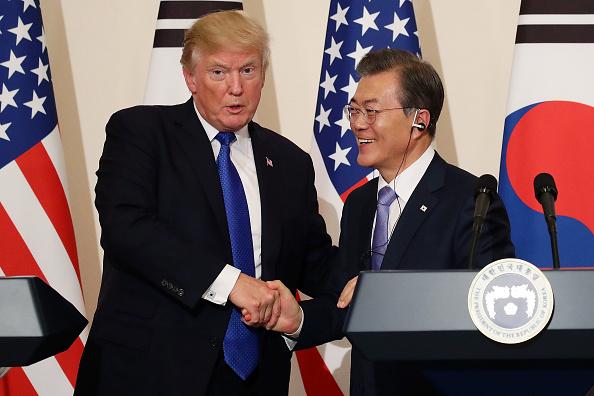China’s state-run media have repeatedly criticized President Donald Trump since he announced trade tariffs on Chinese goods, setting off trade tensions. However, a state-run publication has recently made an about-face and changed its rhetoric completely.
The Paper, a state-run newspaper based in Shanghai, ran an editorial on May 1 saying that Trump should receive the Nobel Peace Prize for precipitating talks leading to promises of denuclearization from North Korea.




